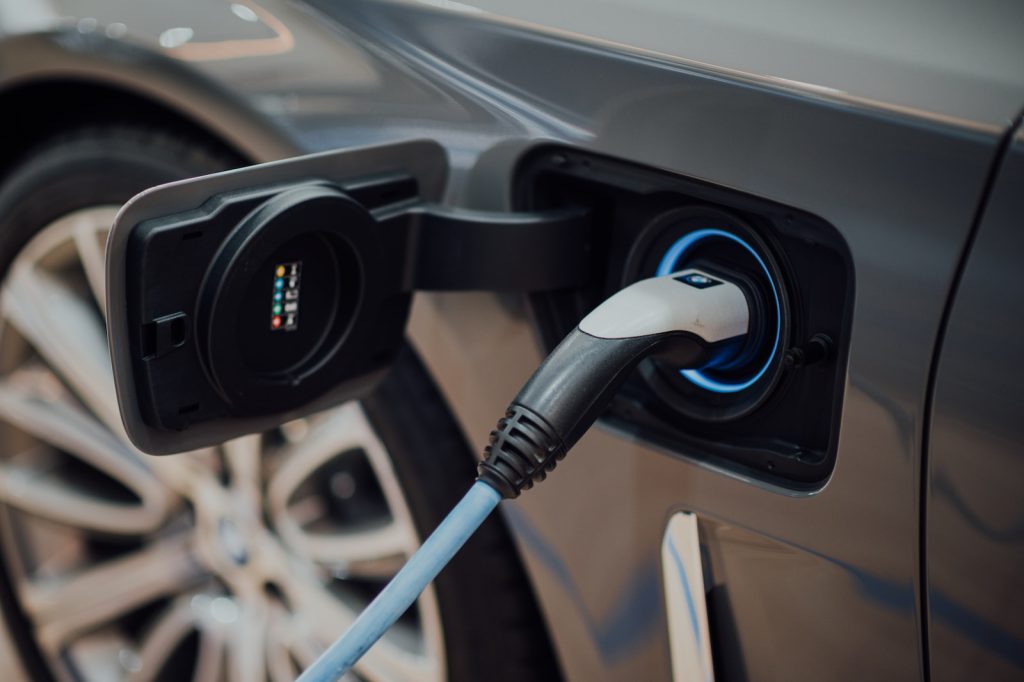In an era marked by a growing awareness of environmental issues and a commitment to sustainable living, the transition away from gas-powered cars is an inevitable and necessary step. While the shift towards electric vehicles (EVs) and alternative fuels holds promise for a cleaner, greener future, the challenges of transitioning away from gas power must be contended with. In this blog post, we will explore the difficulties associated with moving away from the traditional gas-powered car infrastructure and the hurdles that individuals and societies must overcome in the pursuit of a more sustainable transportation system.
Limited Charging Infrastructure:
One of the primary challenges of transitioning to electric vehicles is the insufficient charging infrastructure. Unlike gas stations, charging stations for EVs are not as widespread, especially in certain regions. This lack of accessibility can create “range anxiety” among drivers, hindering the widespread adoption of electric cars. Governments and private entities must collaborate to invest in and expand the charging infrastructure to make electric vehicles a viable option for all.
High Initial Cost of Electric Vehicles:
While the long-term operational costs of electric vehicles are generally lower, the upfront expense is often a significant barrier for consumers. Electric cars tend to be pricier than their gas-powered counterparts, primarily due to the cost of advanced battery technology. Governments and car manufacturers need to work together to implement policies and incentives that make electric vehicles more financially accessible to a broader range of consumers.
Technological Limitations:
The technology behind electric vehicles is rapidly advancing, but challenges persist. Battery technology, in particular, faces limitations in terms of energy density, charging speed, and overall lifespan. Innovations in battery technology are crucial for addressing these challenges and improving the overall efficiency and practicality of electric vehicles.
Transitioning Existing Infrastructure:
Gasoline has been a staple of the automotive industry for over a century, and transitioning away from it requires significant changes to existing infrastructure. Oil refineries, gas stations, and distribution networks are deeply ingrained in our societies. Adapting or repurposing these facilities for alternative fuels or electric charging stations is a complex task that demands careful planning and investment.
Consumer Education and Mindset:
Changing consumer behavior is a critical aspect of transitioning away from gas-powered cars. Many consumers are accustomed to the convenience and familiarity of traditional gasoline vehicles. Educating the public about the benefits of electric vehicles, dispelling myths, and showcasing the long-term environmental and economic advantages is essential for shifting mindsets and encouraging broader adoption.
While the difficulties of transitioning away from gas-powered cars are undeniable, the journey toward a sustainable transportation future is both necessary and achievable. Governments, industries, and consumers must collaborate to overcome these challenges, fostering innovation, investing in infrastructure, and embracing the technological advancements that will drive us toward a cleaner, more sustainable automotive landscape. The road ahead may be challenging, but with concerted effort and a shared commitment to a greener future, we can successfully navigate the path to a post-gasoline era.

